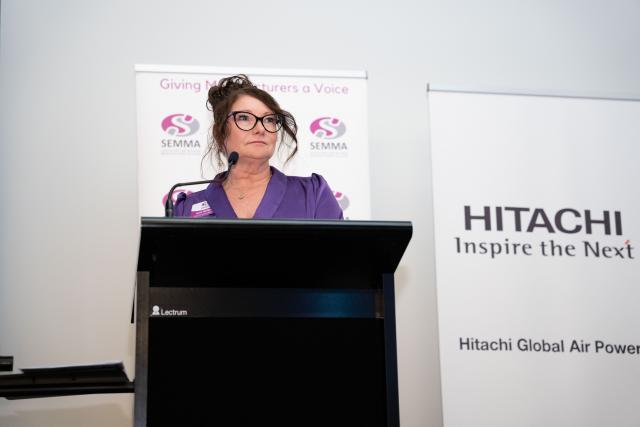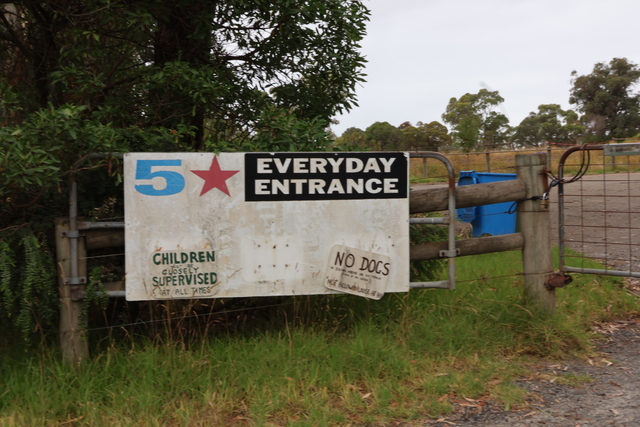A South East manufacturers group has labelled State funding cuts to 22 private training organisations as “senseless”.
The State Government argues that the affected registered training organisations (RTOs) were providing courses in over-supply or weren’t aligned with workforce needs.
However, South East Melbourne Manufacturers Alliance (SEMMA) says the RTOs provided much-needed nationally accredited courses.
“It’s hard to understand why the policy makers think cutting funding during a skills crisis will help fill skilled roles or upskill people who are desperately needed in the manufacturing and building trades,” SEMMA chief executive Honi Walker said.
“This defies the government’s own recent Skills First program that clearly outlines the industries that are considered priorities. It makes no sense.”
Walker said the skill shortages would severely impact the Government’s proposed renewables sector growth and its housing plan.
SEMMA has also long warned of skills shortages such as welders, CNC machine operators and engineers.
“It is just not feasible to think reducing the number of training courses won’t negatively impact the number of trainees.
“Some people don’t enjoy the TAFE experience and prefer an RTO instead.”
Opposition skills and training spokesperson Bridget Vallance said as a result of the cuts, RTOs were describing “detrimental and long-term impacts for many industries, including construction, manufacturing and early childhood education”.
The State Government argues the 22 reduced contracts were a small minority of the 242 Skills First contracts to RTOs.
The contracts were awarded according to highest priority workforce needs such as construction, clean economy and aged/disability care, it argues.
“This year, we’ve invested a further $555 million into the training system, which will support even more Victorians to upskill into meaningful, well-paid careers,” a Government spokesperson said.
“We’ve given our RTOs more certainty this year so they can plan for the future and deliver quality training to Victorians that is aligned with real industry and workforce needs.”
In 2024, the Skills First contracts were extended to two-year terms for the first time.







